When it comes to hurricanes, wind speed is the least of it. While high winds can cause substantial damage, hurricane-produced storm surges, tornadoes and flooding typically cause much more extensive problems.
But when it comes to fixing up your house after the storm has subsided, you have to be careful.
While your initial response to flood damage — besides trying to get the water out of your house — may be to go out and hire the first available contractor who can help you repair and restore your home, don’t let one crisis lead to another.
After a natural disaster like a hurricane, the demand for qualified contractors often exceeds the supply. Many contractors hike-up prices to take advantage of the demand while others who would have never gotten a job see their offices inundated with repair requests.
The fact is, desperate times do not call for desperate measures and you should still take all the same precautions you would have taken had your home not become an aquarium.
According to the Federal Trade Commission and the Federal Emergency Management Agency you should make sure to only deal with licensed contractors. Check their track record by looking them up on the Better Business Bureau website and through the local Home Builders Association.
It’s also important to get a first-hand account of their work and expertise. The best thing to do is to contact the contractor’s previous customers. Ask for references, and make sure to visit the home in person in addition to asking the homeowner what he or she didn’t like about the contractor’s work.
Beware of contractors who want to pressure you into paying up-front or signing a contract right away. Always pay using a check or credit card, never cash. You want your payment to be traceable. A standard payment policy for a renovation project is to give the contractor a deposit of one-third of the total costs of repairs and pay the final amount only after the job has been finished to your liking.
To play it safer, you can divide up the payments into quarters or even fifths. But if a contractor asks you for half or all of the cash upfront, you should know you’re probably being taken for a ride.
It’s also a good idea to have your contract read over by a knowledgeable friend or attorney. The contract should stipulate the work that is to be done, the start date and estimated completion date, and can even include specifics such as which appliances will be used and warranty information.
It’s usually never a good idea to have the contractor help you finance your repairs. If you’ve been the victim of a natural disaster, FEMA may offer low-cost loans to help you finance your rehab work. Or, you could use a home equity loan or line of credit.
If your house floods
In case of flooding, here are some tips to help keep you as safe as possible:
- Move to a safe area before access is cut off by flood water.
- Keep materials on hand like sandbags, plywood, plastic sheeting, plastic garbage bags, lumber, shovels, work boots and gloves. Call your local emergency management agency to learn how to construct proper protective measures around your home.
- Stay away from downed power lines.
- Beware of streams, drainage channels and areas known to flood, so your evacuation routes are not cut off.
- Restrict children from playing in flooded areas.
- Test drinking water for potability; wells should be pumped out and the water tested before drinking.
- Do not use fresh food that has come in contact with floodwaters. Wash canned goods that come in contact with floodwaters with soap and hot water.
- Do not cross flowing water in your car. As little as six inches of water may cause you to lose control of your vehicle.
- Purchase flood insurance. Flood damage is not usually covered by homeowners insurance. Do not make assumptions about whether your policy will cover you in the event of a flood. Instead, call your insurance agent and be sure to read your policy.
If you managed to escape flood damage relatively unscathed, don’t try to be slick and cash in after a disaster. Post disaster opportunists have lead FEMA to develop a fraud detection system in which they cross check information with other agencies and applicants to make sure they don’t dole cash out to the wrong people.
“There is also a system in place to identify the small number of people who try to cash in on others; misfortune by misrepresenting themselves as disaster victims in order to receive assistance that is intended for persons who are truly in need,” said Peter Martinasco, FEMA’s Federal Coordinating Officer,
If you suspect you or someone you know if being ripped-off, call the consumer division of your state Attorney General. And if you think there is something up involving disaster assistance programs by the Federal Emergency Management Agency, report it to FEMA’S Inspector General’s Office at 973-504-6200.
RESOURCES
Here are some numbers to have handy:
FEMA (Federal Emergency Management Agency) Registration: 1-800-621-FEMA (1-800-621-3362) TTY: 1-800-462-7585
State Volunteer and Donations Hotline: 1-800-FL-HELP1 (1-800-354-3571)
Departament of Elderly Affairs: 1-800-96-ELDER (1-800-963-5337)
Department of Financial Services Insurance Claim Hotline: 1-800-22-STORM (1-800-227-8676)
Storm Hotline for Consumers 1-800-22-STORM (1-800-227-8676)
Attorney General’s Price Gouging Hotline: 1-800-646-0444
Agricultural and Consumer Services Price Gouging Hotline: 1-800-HELP-FLA (1-800-435-7352)
Agency for Workforce Innovation Unemployment Claims Emergency Internet Site or Call 1-800-204-2418
Salvation Army Donation Helpline: 1-800-SAL-ARMY (1-800-725-2769)
American Red Cross: 1-800-HELP-NOW (1-800-435-7669)

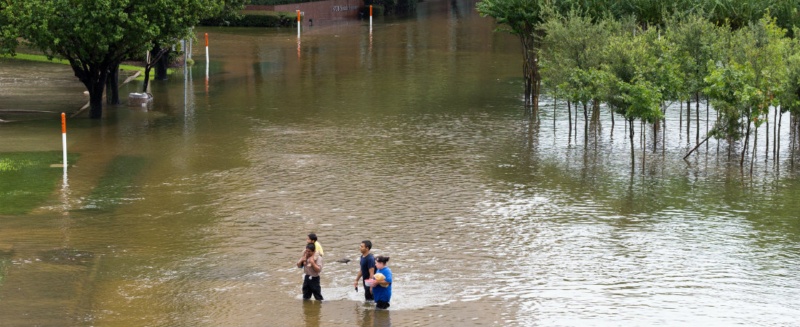
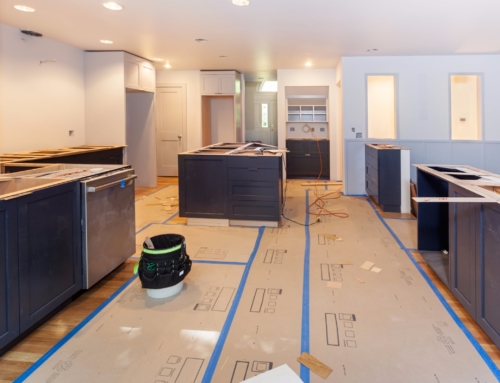
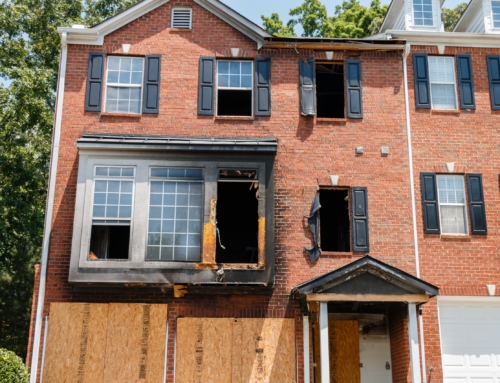
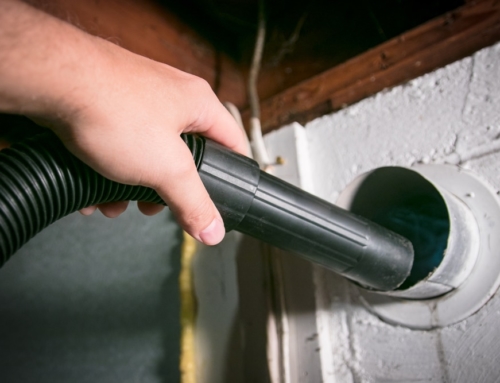

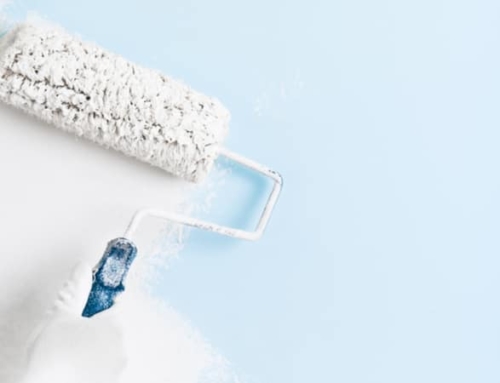
You make a really good point that after major hurricanes or storms the demand for qualified contractors is so much more than the supply so you need to be careful who you call. It’s better to wait for someone that is a professional than having your average handyman working on your home or business!